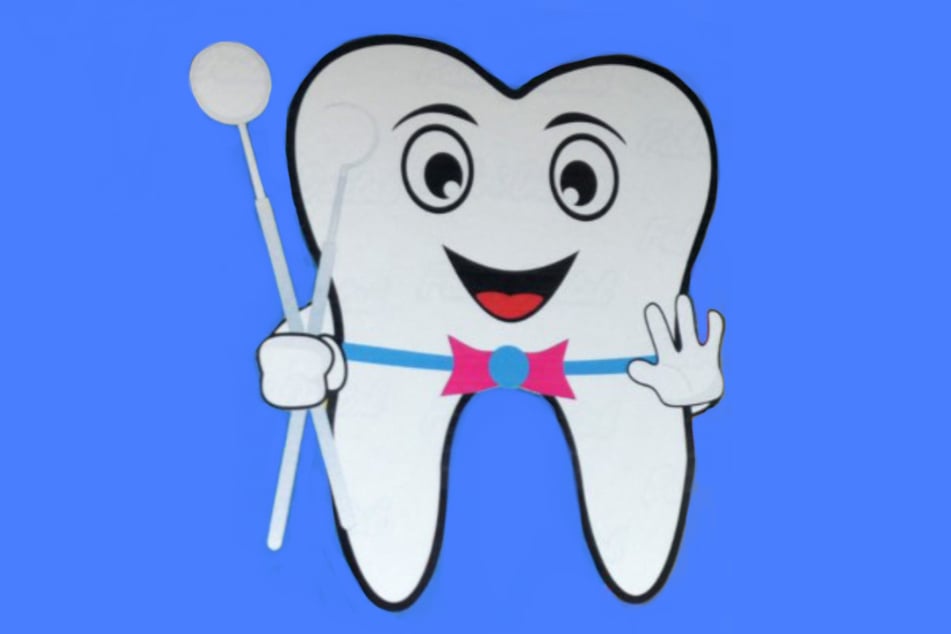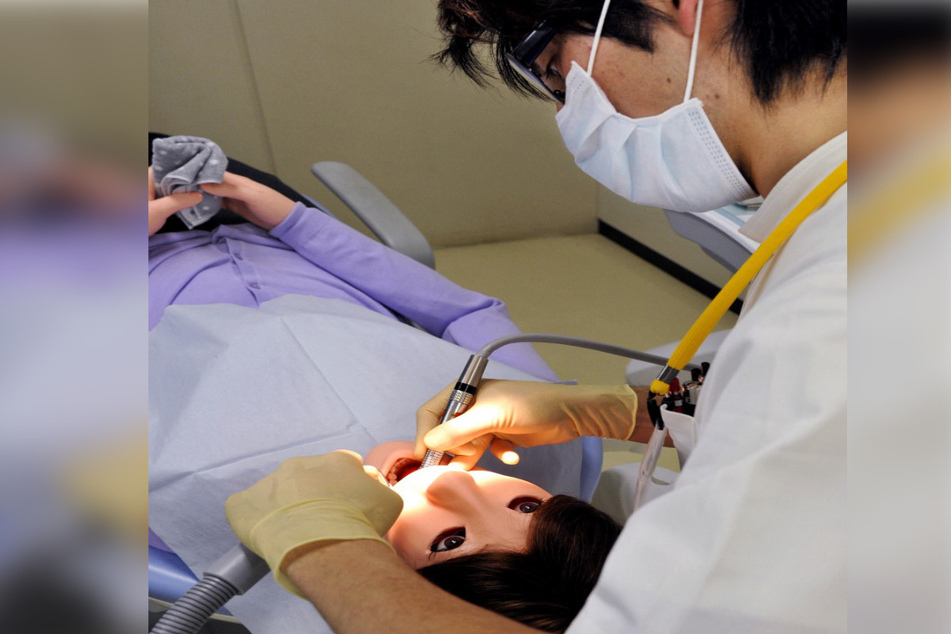Afraid of the dentist? This tip could help your next trip
For some, it's a nightmare: The dentist's drill is screeching, your mouth is filling with saliva, and you can't swallow. Here's a new tip for those who hate going to the dentist.

While many people are afraid of doctors in general – suffering from what's known as iatrophobia – others only get nervous before heading to get a cavity filled or a routine teeth cleaning.
If you can relate, it may help to know that the time of day actually translates to how much pain you are likely to perceive.
One dentist has spilled the tea on one way to combat the fear: go to the dentist in the afternoon.
Dentist Jochen H. Schmidt's advice to anyone reluctant to come for a checkup, or a longer procedure, is to schedule an appointment later in the day, because at this time, patients are said to feel less pain caused by injections and drilling.
This, according to Schmidt, is due to pain-inhibiting endorphins and opioids, which the brain produces in particularly large quantities later in the day. An anesthetic could then work a little better and, above all, may last a little longer.
A fear of the dentist and doctors

Patients aren't just afraid of the dentist, though. Some have a fear of doctors, too.
According to some estimates, about 12% of the population has a fear of doctors, while with children it's as much as 19% – although patients with severe iatrophobia are thought to be fewer.
Experts say the problem is often that the longer that iatrophobics put off seeing a doctor, the worse their condition becomes. Hence the health procedure can end up being more unpleasant if they finally do see a doctor, which only validates and intensifies their fear - a vicious cycle.
Fortunately, iatrophobia can generally be cured with cognitive behavioral therapy. Some therapy sessions have been explored where the patient and a therapist can analyze the sequence of events in a doctor's surgery as if in slow motion. Afterwards, the patient can be gradually exposed to the triggers of his or her fears in a therapy session, and in some cases, work through them.
Dentists in particular can now offer to treat fearful patients under general anesthesia or hypnosis if the case requires it. Relaxation techniques, or distractions such as music or movies, can also be helpful.
Above all, always consult your physician or qualified healthcare provider for personalized medical advice.
Cover photo: BAY ISMOYO / AFP
